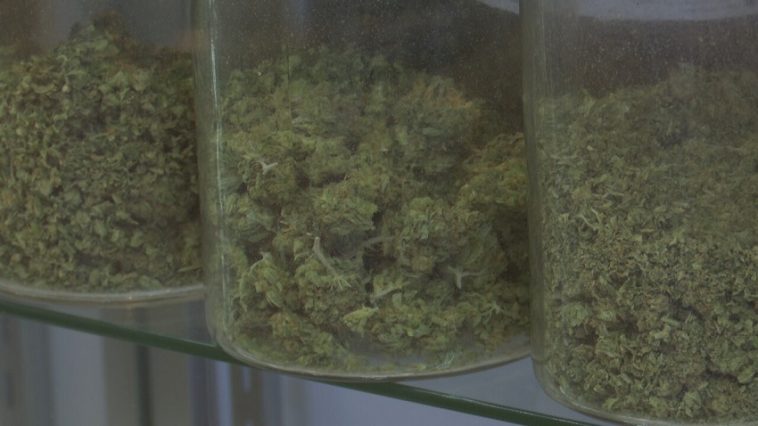Missoula, MT — As the 2025 Montana legislative session nears its end, lawmakers are engaged in heated discussions regarding the future allocation of marijuana tax revenue. The current debate centers around two bills—HB 932 and SB 537—that seek to expand the ways this revenue is used, particularly in funding conservation programs and public services.
Under Montana’s existing structure, a significant portion of marijuana tax revenue supports critical programs. The first $6 million is allocated to behavioral health services through the state’s HEART Fund, while 20% of the remaining revenue—roughly $10 million annually—funds the Habitat Montana program, which aids wildlife habitat improvement. Additionally, 12% of the revenue is divided between state parks, trails, and recreational programs, as well as non-game wildlife conservation.
However, both HB 932 and SB 537 propose changes aimed at refining the use of these funds. The core of the proposed bills retains the funding for state parks, trails, and non-game wildlife but seeks to place the 20% allocated to Habitat Montana into a newly created “Habitat Legacy Account.” This account would not only continue to fund habitat projects but would also finance a broader range of conservation efforts, including funding wildlife crossings over highways—an initiative driven by science and designed to improve wildlife mobility and safety.
Frank Szollosi, executive director of the Montana Wildlife Federation, praised the proposed bills, calling them “policy innovations” that will “make a difference on the ground for wildlife, fisheries, ranchers, and people who enjoy hunting and fishing.” He noted that these changes expand the scope and purpose of Montana’s investments in conservation, furthering the state’s commitment to preserving its natural resources.
There are notable differences between the two bills. SB 537 seeks to allocate a larger share of marijuana tax revenue to support law enforcement agencies and the behavioral health system, directing some funds away from the general fund. In contrast, HB 932 earmarks some of the money in the Habitat Legacy Account for state water projects, which would address critical water resource issues in Montana.
Both bills have undergone amendments, and if they pass their respective chambers, they will be sent to Gov. Greg Gianforte for approval. However, the governor has expressed concerns about the shifting of marijuana tax revenue to other purposes, particularly as Montana grapples with the highest income tax rate in the region. “There has been an attempt in this legislature to take money that would normally offset income taxes and shift it to other purposes,” Gianforte said. “I am generally opposed to those efforts.”
SB 537 also includes language that would render HB 932 void if both bills pass, adding an additional layer of complexity to the legislative process.
With only eight working days left in the 2025 legislative session, Montana lawmakers are racing against the clock to finalize these bills. If the bills clear their respective chambers and reach Gianforte’s desk, the governor will face a pivotal decision on whether to sign them into law or send them back for further revisions.
As the state’s legislative session draws to a close, the future of Montana’s marijuana tax revenue hangs in the balance, with the potential to reshape how the state invests in conservation, wildlife protection, and public services for years to come.



